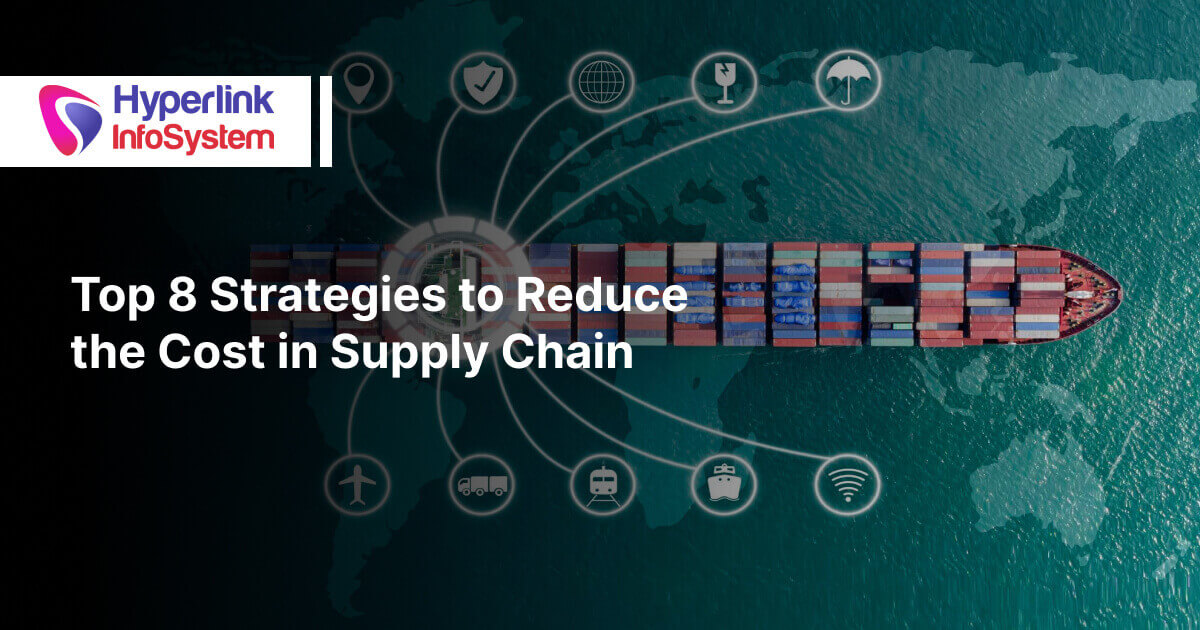Symfony Development
Develop Excellent Web Projects
At Hyperlink InfoSystem, we have been using Symfony for years with the aim of reducing the development time of complex web projects in PHP. In fact, it is one of the most widely used frameworks at the PHP web development level, as it increasingly adapts to the official PHP standards. Symfony is our way of working.
The Phases Of A Project With Symfony
It is intended to study all the elements as well as to analyze in detail each of the objectives and requirements after working sessions for the realization of the project.
1. Symfony Analysis
Study of the different elements of the current solution and detailed analysis of each of the objectives and requirements.
- Study of the objectives and possible roles.
- Advice on different strategies.
- Study of the competition and benchmarking.
- Analysis and scalability of the web.
2. Symfony Design
Definition of graphic-visual design from Wireframes and the corporate identity manual.
- Navigation and interaction with users.
- Design of the corporate image.
- Different visual and graphic resources.
- Design for mobile devices and tablets.
3. Symfony Development
Development of the web solution with the orderly execution of the necessary tasks.
- Front-end: HTML, CSS, JQuery, Bootstrap,
- Back-end: custom Symfony modules.
- Migration of data, functionalities, external services,
- Integration with CRM, ERP, LMS platforms,
4. Symfony Training
Future administrators and editors of the platform are trained.
- Courses for companies.
- Development of modules and applications.
- Creation, edition and management of functionalities.
- Advanced for highly scalable projects.
5. Symfony Performance
Accommodation in other services of high demand projects.
- Complete performance study.
- Web loading speed.
- Server optimization.
- Back-end and front-end optimization.
6. Symfony Maintenance
Specially designed for those projects that want continuous updates.
- Symfony kernel update and its modules.
- Support for fixes and modifications.
- Support for services and systems.
- Functional adaptations and synchronizations.
Why Use Symfony?
Symfony is one of the most popular frameworks and has a long history, which allows for a large community of developers. This facilitates the fact that when you have to develop with Symphony, there is a lot of documentation and a lot of people to ask and share.
This framework works on PHP and allows possesses the following features:
- Have a well-structured project and where many developers can work and contribute at the same time. In other words, the fact of working with Symfony means that once a person has learned Symfony, they can then work on a new project in a simple way, since they perfectly know the structure and where to find each functionality. Even and for the same reason, it allows a developer to help in a project that is already in development.
- Have an order in the project. It is essential since each developer could work in a particular way. When using a framework, they all follow the same order.
- Scalability. Working in such a structured way but at the same time being able to develop to measure, allows great scalability. It is one of the main differences when creating a project with a CMS or a framework. With the latter, you can generally grow everything you need without having to constantly change the entire web engine.
- Don't reinvent the wheel. In Symfony as in the rest of the frameworks, this is what is intended. Not having to develop a user login or a search engine each time, but rather use that are already there, which are also constantly being improved by the community. This allows you to always have power and updated functionalities with less effort. If each functionality had to be developed each time, it would take a lot of time and money, and surely the result would not be so good.
- MVC (Model-View-Controller). It is a way of working that makes life easier for developers and allows differentiating between the more programming part and the one that is more about layout, so that a team of developers can work better according to their profile and without interfering with the work of others.
- It is free software. The Symfony code is free and open to everyone. Anyone can use it for their project, just as you can use PHP. This is a great plus since it is something open, in continuous development and advancement and makes it possible for a knowledgeable person to use it at their service and even help other developers to improve.
- Powerful. In addition to the MVC structure, Symphony provides as standard in everything you need to quickly produce a feature-rich website: validation of forms and data, sessions, security (XSS, CSRF, etc.), multi-language management, XML-RPC, database access, caching, pagination, encryption, compression, sending email, image manipulation.
- Simplicity: Simplicity is omnipresent in Symphony: Whether in its structure with the principle of singularity of components (reduction of the functional perimeter of a component), in the code which is exemplary readability or even in the display of views which does not require a template engine on you and relies on PHP's ability to extend HTML display.
- Elegance: If giving a subjective definition of the elegance of the code is not easy. The notion of elegance can be compared to a combination of simplicity, modularity and performance. And in this context, Symphony, by its simplicity, the modularity of its architecture and by the performances it offers can without too much difficulty be considered as an elegant framework.
Symfony Development Company
For all these reasons, it is important to consider what is best before developing a project and, in the case of opting for a framework like Symfony, surround yourself with a team of professionals in order to carry out the project. It is essential to work with a Symfony developer or development agency such as Hyperlink InfoSystem in order to develop a more ambitious website or web application.
In summary, a CMS will be used when it is a more or less simple website or it can be covered quickly by the functionalities they have. And the Symfony framework will be used when development is more complex or a more powerful and scalable website is needed.
Technologies We Work on
Process We Follow
1. Requirement Gathering
We analyze the requirements with the clients to understand the functionalities to combined into the app. This process allows us to form a development plan and transform the client's thoughts into an efficient and functional app.
2. UI/UX Design
Our developers use efficient UI trends to design apps that are not only pleasant to the eye but also intuitiveness and flexible. Our applications do not only complete the needs of our clients but also are simple and convenient to the end-users.
3. Prototype
We develop a preliminary visualization of what the mobile app would look like. This helps to generate an idea of the appearance and feel of the app, and we examine the users' reactions to the UI and UX designs.

4. Development
Our team of experts in Native, Hybrid, and Cross-Platform app development, using languages such as Swift, Kotlin, PhoneGap, Ionic, Xamarin, and more to produce high-quality mobile apps for the various operating systems.
5. Quality Assurance
We have a team of developers who carefully test every app to ensure that they provide an excellent user experience and meet the requirements of our clients. Apps developed by our development team are bug-free because they perform through a series of experiments before deployment.
6. Deployment
We follow the best practices when deploying our apps on different app stores, where they can be easily noticeable to considered users.
7. Support & Maintenance
All digital solutions need development. The deployment of an app is not the ultimate stage. Even Post-deployment, we work with our clients to offer maintenance and support.
Process We Follow
Latest Blogs
Explore the Latest Blogs on Trends and Technology.
 +1 309 791 4105
+1 309 791 4105

























































 +91 8000 161161
+91 8000 161161
